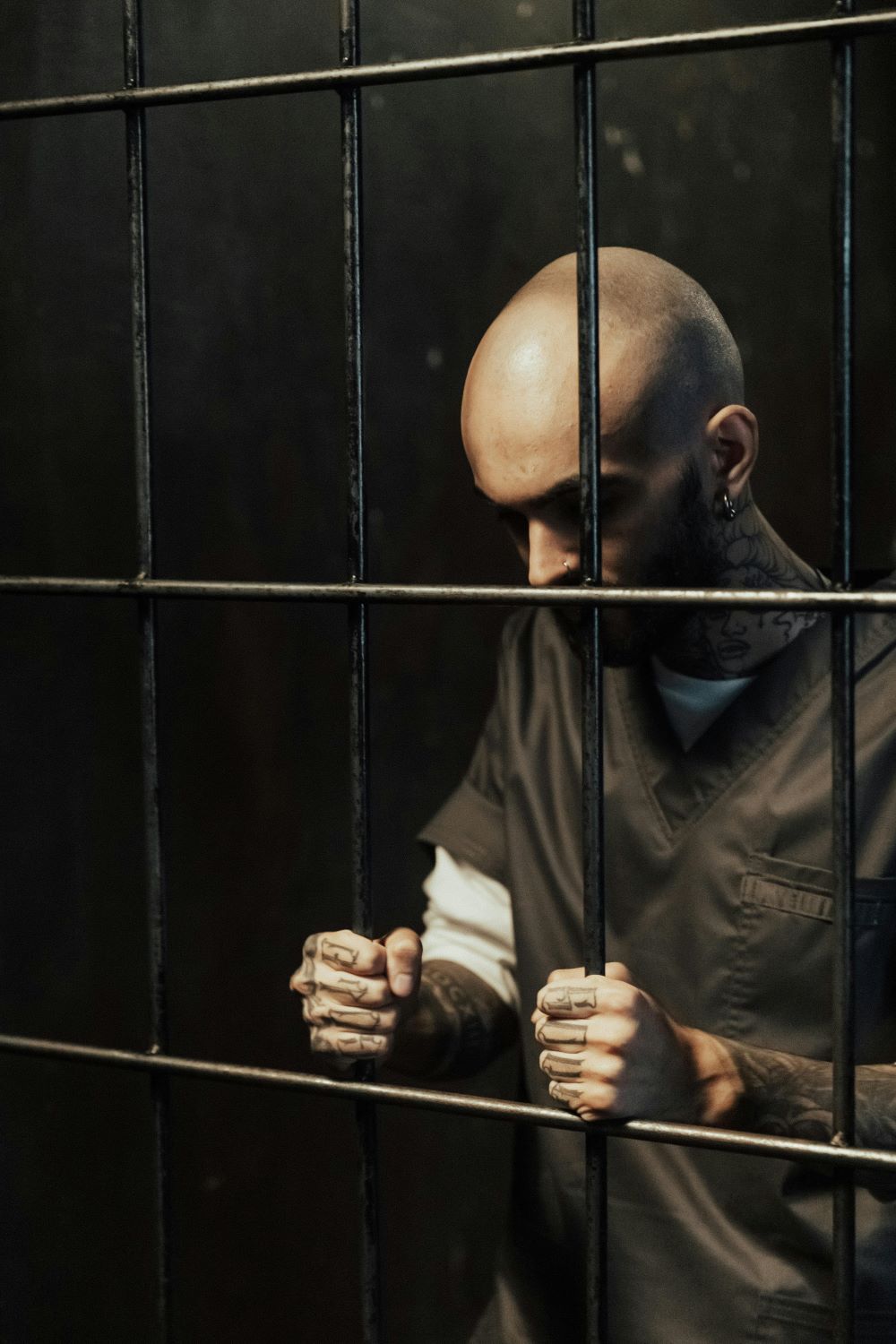Inmate advocacy is increasing but resources are still very much lacking.
All too often, people who are in prison are simply forgotten. Yes, they are serving a sentence for a crime that was committed, but these are still people who deserve attention and care. When it comes to prisoner mental health in the U.K., all too often that care is simply not being delivered in a timely manner. With a lack of resources largely blamed for the issue, prisoners who are going through ongoing mental health crises are not getting the help they need.
The issue in prisons with regard to mental health mirrors the problems being seen across the rest of the population. People are having a hard time getting mental health attention no matter what their status in life may be – there is a lack of treatment options and long wait times for what is available. The mental health crisis simply won’t improve until this matter is addressed successfully.
There is a threshold set for British prisons that declares only 28-days should pass between the time that prisoner mental health services are requested or needed and the actual delivery of those services. Even four weeks could be a long time for someone to wait for help, but even that deadline hasn’t been close to followed in recent times. In fact, the average wait time has stretched out to 85 days, with obvious consequences resulting for those who are in search of care.

Not only is the average wait time at 85 days, but a very small percentage of people who request mental health care wind up getting it within the 28-day window. That number was measured to be just 15% across a total of 21 prisons in the country. What’s worse, these prisoners are often held in solitary confinement while waiting to be seen by a mental health professional, meaning they are dangerous to themselves and others during this period.
Obviously, with such long wait times, there are not enough mental health beds available in the country to serve this need. Those beds need to be secure given the status of the would-be patients as inmates, and there are around 3,000 less beds of this nature available than just a decade ago. There is no way that prisoners are going to get the care they need within a reasonable timeframe unless thousands more secure beds are added to the system as soon as possible. Even with more beds there will still be hurdles to clear for mental health help to be readily available, but it would be a step in the right direction.
A couple of things will need to change before more mental health care will be provided to prisoners. First, those services will need to be available without such long wait times. Additionally, the perspective through which prisoners are viewed will need to change, with more consideration existing for their needs and troubles. If both of these things come together, a more humanitarian situation will exist in the prisons and beyond.
Sources:
Concern for prisoners with mental health needs
A thematic review of delays in the transfer of mentally unwell prisoners


Join the conversation!